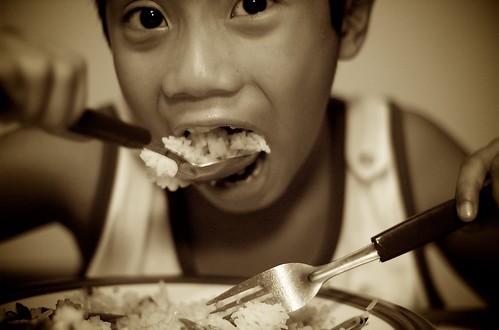Do beautiful people have more daughters?
e analysis of the National Child Development Study (NCDS) in the United Kingdom, which has data on the respondents’ completed fertility at age 47 (virtually all men and women complete their lifetime reproduction by age 45), replicates the earlier findings from the Add Health data in the United States and show that physically more attractive parents are indeed more likely to have daughters than physically less attractive parents. And: Being physically attractive at age 7 increases the odds of having…
1 min read
In what ways do judges with daughters vote differently?
cial scientists have long maintained that women judges might behave different than their male colleagues (e.g., Boyd et al. (2010)). This is particularly true when it comes to highly charged social issues such as gender discrimination, sexual harassment, and the status of gender as a suspect classification under federal law. Less studied has been the role that a judge’s family might have on judicial decision making. For example, we may think that a male judge with daughters might have different…
2 minutes
Are stepparents more likely to kill their children?
ereas young children incurred about seven times higher rates of physical abuse in step-plus-genetic-parent home than in two-genetic-parent homes, the differential in fatal abuse was on the order of 100-fold. Source: "Violence Against Stepchildren" from Current Directions in Psychological Science (June 1996) This is a well documented phenomenon known as The Cinderella Effect. It's been called "one of the poster-children of evolutionary psychology." Join over 151,000 readers. Get a free weekly update via email here. Related posts: 6 Hostage Negotiation Techniques That…
1 min read
Do violent men have more sons?
e generalized Trivers–Willard hypothesis (gTWH) [Kanazawa, S., 2005a. Big and tall parents have more sons; further generalizations of the Trivers–Willard hypothesis. J. Theor. Biol. 235, 583–590] proposes that parents who possess any heritable trait which increases the male reproductive success at a greater rate than female reproductive success in a given environment have a higher-than-expected offspring sex ratio, and parents who possess any heritable trait which increases the female reproductive success at a greater rate than male reproductive success in…
1 min read
Do parents buy healthier food for themselves or their kids?
ing a sample of 43 7–8-year olds and their parents, we examined the extent to which children's judgments about food products are influenced by the same factors as their parents'. The factors manipulated were healthiness of product, brand name familiarity, and use of licensed cartoon characters (children) or celebrity endorsers (parents). Brand name familiarity was a more important factor than familiar cartoon characters or celebrity endorsers on food product evaluations. Parents and girls but not boys rated healthy products higher…
1 min read
Does “Baby Einstein” actually make kids smarter?
pe: In recent years, parents in the United States and worldwide have purchased enormous numbers of videos and DVDs designed and marketed for infants, many assuming that their children would benefit from watching them. We examined how many new words 12- to 18-month-old children learned from viewing a popular DVD several times a week for 4 weeks at home. The most important result was that children who viewed the DVD did not learn any more words from their monthlong exposure…
1 min read
Does letting your teenager drink at home make them more or less likely to binge drink?
e current study examined whether permitting young women to drink alcohol at home during senior year of high school reduces the risk of heavy drinking in college. Participants were 449 college-bound female high school seniors, recruited at the end of their senior year. Participants were classified into one of three permissibility categories according to their baseline reports of whether their parents allowed them to drink at home: (a) not permitted to drink at all; (b) allowed to drink with family…
1 min read
Can you tell how smart your child is by how early they start lying?
a BBC: Toddlers who tell lies early on are more likely to do well later, researchers claim. The complex brain processes involved in formulating a lie are an indicator of a child's early intelligence, they add. A Canadian study of 1,200 children aged two to 17 suggests those who are able to lie have reached an important developmental stage. Only a fifth of two-year-olds tested in the study were able to lie. But at age four, 90% were capable of…
2 minutes






